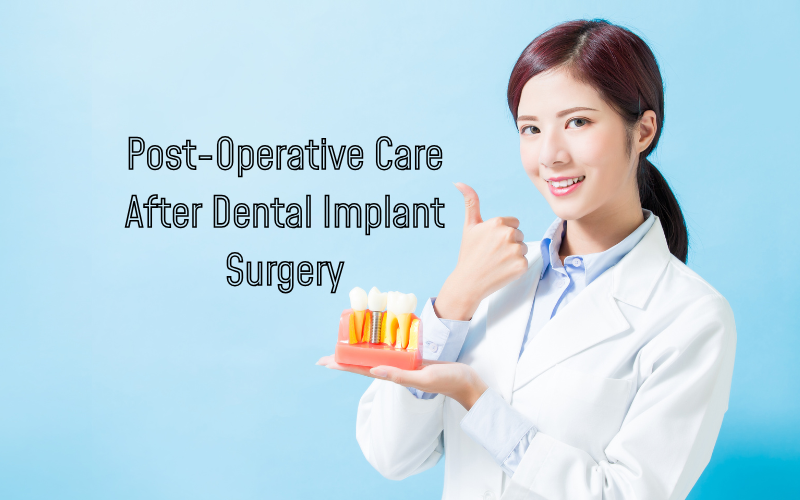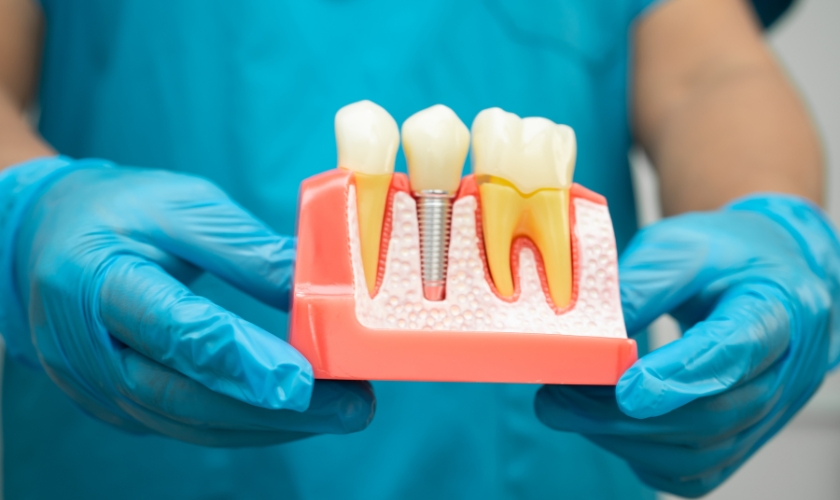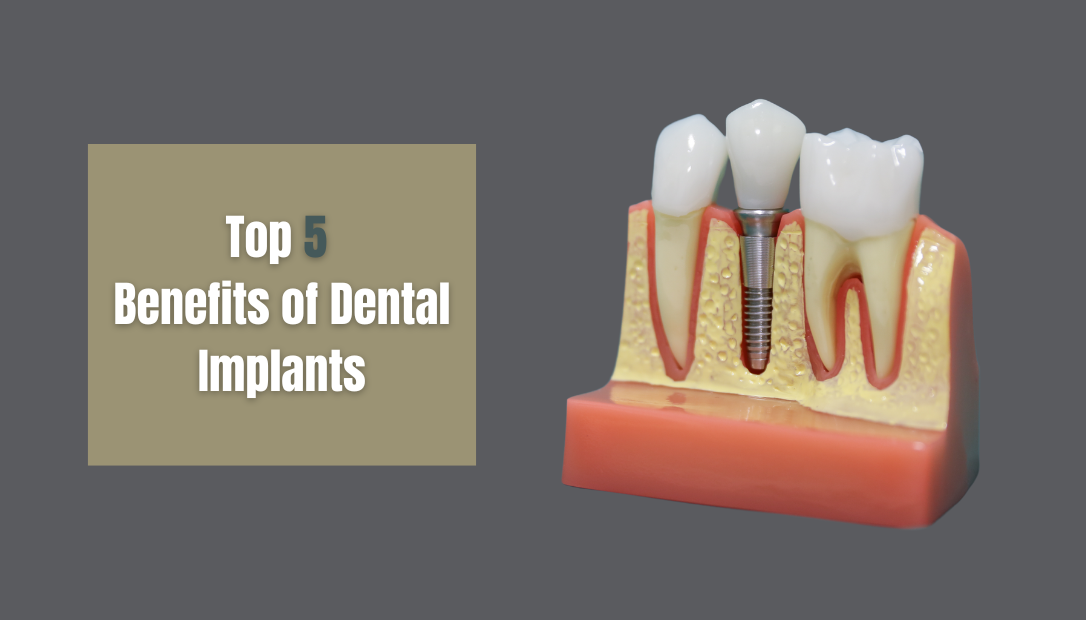
Dental implants provide a long-lasting solution for missing teeth. They improve chewing ability and enhance appearance. Additionally, dental implants support facial structure and maintain jawbone health.
Proper post-operative care is crucial for successful recovery. Good care helps prevent complications and promotes healing. Patients must follow specific guidelines to ensure their implants integrate well with the jawbone.
Understanding Dental Implant Surgery
What are Dental Implants?
Dental implants are artificial tooth roots made of titanium. They have three main components: the fixture, abutment, and crown. The fixture anchors into the jawbone, and the abutment connects the fixture to the crown. Finally, the crown is the visible part of the tooth.
The Surgical Process
The dental implant procedure involves several steps. First, patients undergo a consultation to evaluate their oral health. The dentist will discuss expectations and answer any questions. The actual surgery involves placing the implant into the jawbone.
After the surgery, patients enter a healing phase. During this time, the implant fuses with the bone in a process called osseointegration. This phase can take several months, which is crucial for the implant’s stability.
Immediate Post-Operative Care
First 24 Hours
The first 24 hours after dental implant surgery are crucial for recovery. Patients should prioritize rest and avoid strenuous activities, such as heavy lifting or vigorous exercise. Staying calm and relaxed helps the body heal.
For pain management, dentists typically prescribe medications to ease discomfort. Patients should take these as directed. Applying ice packs to the cheek can also alleviate pain and reduce swelling. Ice packs should be applied for 15-20 minutes at a time, with breaks in between to avoid frostbite.
Managing Bleeding and Swelling
Controlling bleeding is vital during the initial recovery phase. Patients can bite down on gauze pads placed over the surgical site for about 30-45 minutes to help absorb any blood. Keeping the head elevated while resting can also minimize bleeding.
To reduce swelling, patients should apply ice packs to the outside of the cheek. Use ice for 15-20 minutes, followed by a 20-minute break. This method helps constrict blood vessels and limit inflammation, contributing to a smoother healing process.
Diet and Nutrition After Surgery
Recommended Foods
After dental implant surgery, a soft diet is essential for recovery. Patients should consume soft foods and liquids that require minimal chewing. Recommended options include soups, smoothies, yogurt, and mashed potatoes. These foods provide essential nutrients without putting stress on the surgical site.
Staying hydrated is also critical; drinking plenty of water helps maintain overall health. Patients should aim for a balanced intake of vitamins and minerals to support healing.
Foods to Avoid
Certain foods can irritate the surgical area and hinder recovery. Patients should avoid hard, crunchy foods like nuts, chips, and raw vegetables. These can cause discomfort and may even damage the healing tissue. Spicy foods can also lead to irritation and should be avoided until the area is fully healed.
Additionally, patients should refrain from consuming acidic foods, which can aggravate the site. By being mindful of food choices, patients can promote optimal healing.
Oral Hygiene and Care
Maintaining Oral Hygiene
Maintaining good oral hygiene is essential after dental implant surgery. For the first few days, patients should gently brush their teeth, avoiding the surgical site. Using a soft-bristled toothbrush minimizes irritation to the area.
Rinsing with warm salt water can help keep the site clean and promote healing. Patients can start rinsing gently 24 hours after surgery. Regular oral hygiene routines should resume gradually, with caution.
Avoiding Certain Activities
Certain activities can hinder the healing process. Patients should avoid smoking and drinking alcohol, as these can impede recovery. Smoking reduces blood flow and increases the risk of complications.
Drinking through straws creates suction, which may dislodge blood clots from the surgical site. These precautions are essential to ensure a successful recovery and protect the integrity of the dental implants in Arcadia.
Monitoring Your Recovery
Recognizing Normal vs. Abnormal Symptoms
Monitoring recovery is vital for identifying potential issues. Normal side effects after surgery include mild pain and swelling, which should gradually decrease over time.
However, patients should be aware of abnormal symptoms that may indicate complications. Signs such as a fever, severe pain, or prolonged bleeding require immediate attention. Being proactive in recognizing these symptoms can help prevent further complications.
When to Contact Your Dentist?
Patients must know when to contact their dentist during recovery. If symptoms worsen or new issues arise, such as excessive swelling or difficulty swallowing, they should seek professional advice.
Clear communication with the dental provider is crucial. Having a direct line to the dental office ensures patients receive timely assistance and can address any concerns about their recovery.
Follow-Up Appointments
Importance of Follow-Ups
Follow-up appointments are essential for monitoring healing after dental implant surgery. These visits allow the dentist to assess how well the implant integrates with the jawbone.
Regular check-ups help identify any potential complications early on. Patients should schedule their follow-ups according to their dentist’s recommendations to ensure optimal recovery.
What to Expect During Follow-Up?
During follow-up appointments, the dentist evaluates the surgical site for signs of healing and may take X-rays to check the implant’s integration with the bone. The dentist also discusses any ongoing symptoms and potential next steps in treatment.
Depending on the recovery progress, patients may receive additional instructions or schedule further appointments for continued monitoring.
Post-operative care is crucial after dental implant surgery. Patients should follow the guidelines outlined to promote healing. Monitoring symptoms and maintaining communication with the dental provider is essential. If you have any questions or concerns, do not hesitate to contact our dentists. With proper care, you can enjoy the benefits of dental implants in Arcadia for years to come.




